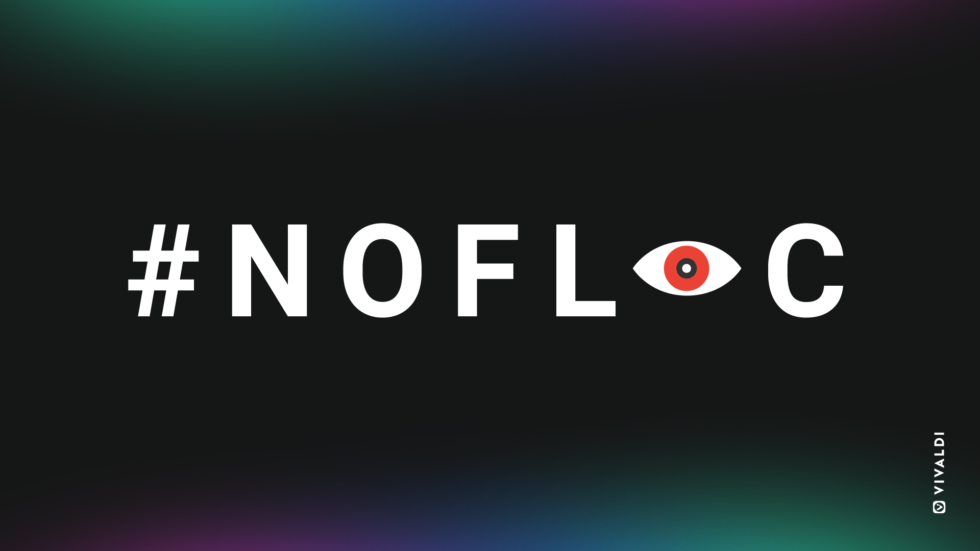
The Chromium-based Vivaldi browser has removed FLoC, Google’s controversial alternative identifier to third-party cookies for tracking users across websites.
FLoC, or Federated Learning of Cohorts, has just been released by Google for Chrome as its answer to improving privacy while still delivering targeted ads.
But Vivaldi has called it a “dangerous step that harms user privacy”.
“Google’s new data harvesting venture is nasty,” it declared in a blog post that begins with the header “FLoC off! Vivaldi does not support FLoC”.
“At Vivaldi, we stand up for the privacy rights of our users. We do not approve tracking and profiling, in any disguise. We certainly would not allow our products to build up local tracking profiles.
“It presents FLoC as part of a set of so-called ‘privacy’ technologies, but let’s remove the pretence here; FLoC is a privacy-invasive tracking technology.”
Vivaldi is based on Chromium. But while it relies on the Chromium engine to render pages correctly, it said this is where Vivaldi’s similarities with Chrome and other Chromium-based browsers end.
It said the FLoC experiment does not work in Vivaldi as it relies on some hidden settings that are not enabled in Vivaldi.
The FLoC component in Chrome needs to call Google’s servers to check if it can function since Google is only enabling it in parts of the world that are not covered by Europe’s GDPR. As the blog explained, Vivaldi does not allow such a call to be made to Google.
“We will not support the FLoC API and plan to disable it, no matter how it is implemented. It does not protect privacy and it certainly is not beneficial to users, to unwittingly give away their privacy for the financial gain of Google,” it said.
FLoC has been widely criticised by privacy advocates, even though it is an improvement to third-party cookies. The Electronic Frontiers Foundation (EFF) called it a “terrible idea” because now Chrome shares a summary of each user’s recent browsing activity with marketers.
As Vivaldi explained, an ad company could previously only see the aspects of a user’s personality relating to the websites where its ads were used. An ad provider that was only used for 1,000 websites might only have seen each visitor on one or two of their sites, so they could not build up much tracking data about a user.
“FLoC changes this completely. Its core design involves sharing new information with advertisers,” it continued.
“Now every website will get to see an ID that was generated from your behaviour on every other website.
“You might visit a website that relates to a highly personal subject that may or may not use FLoC ads, and now every other site that you visit gets told your FLoC ID, which shows that you have visited that specific kind of site.”
FLoC, Vivaldi said, has very serious implications for people who live in an environment where aspects of their personality are persecuted, such as their sexuality, political viewpoint, or religion.
“All can become a part of your FLoC ID,” it said.
“This is no longer about privacy but goes beyond. It crosses the line into personal safety.
“We reject FLoC. You should too.”




















